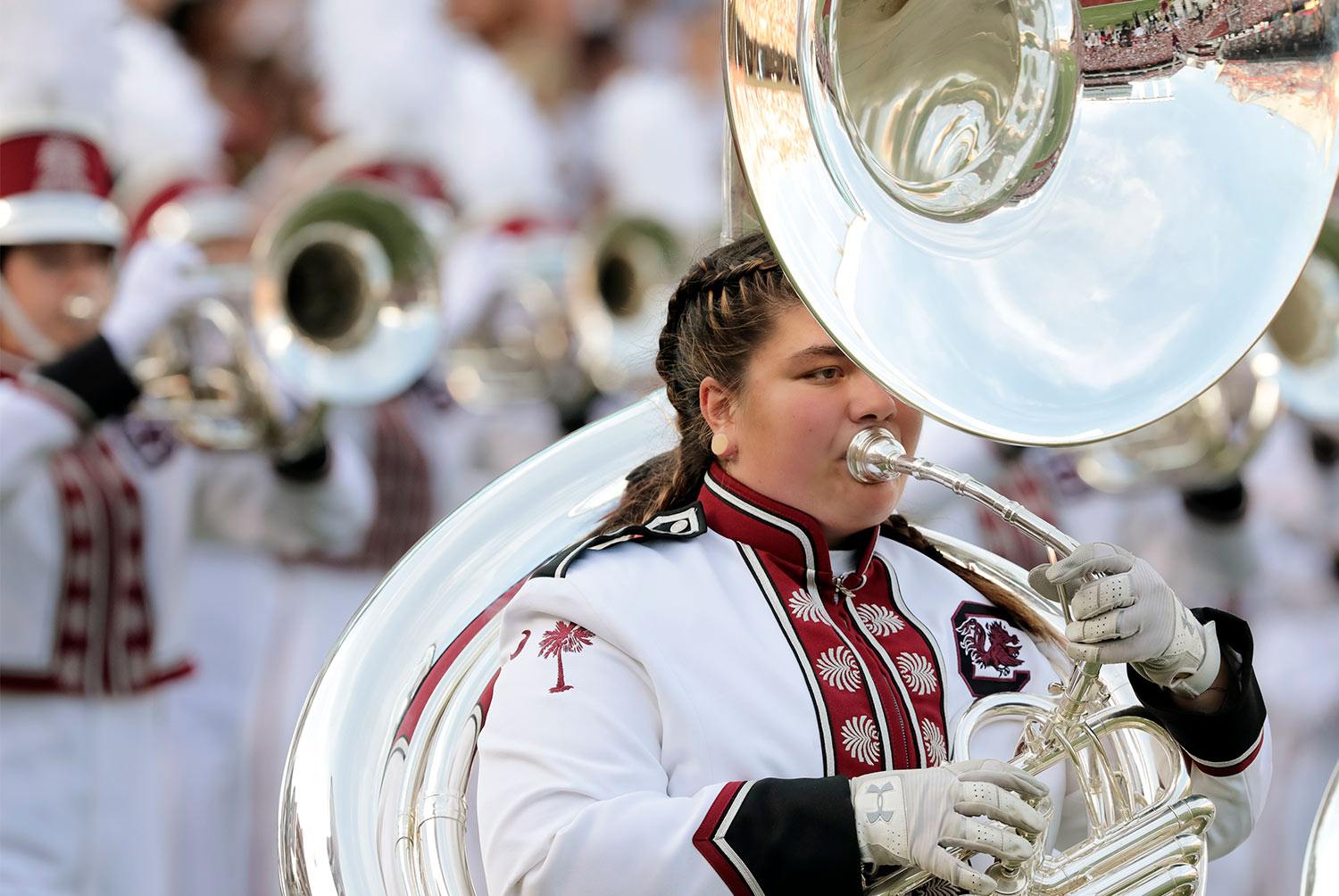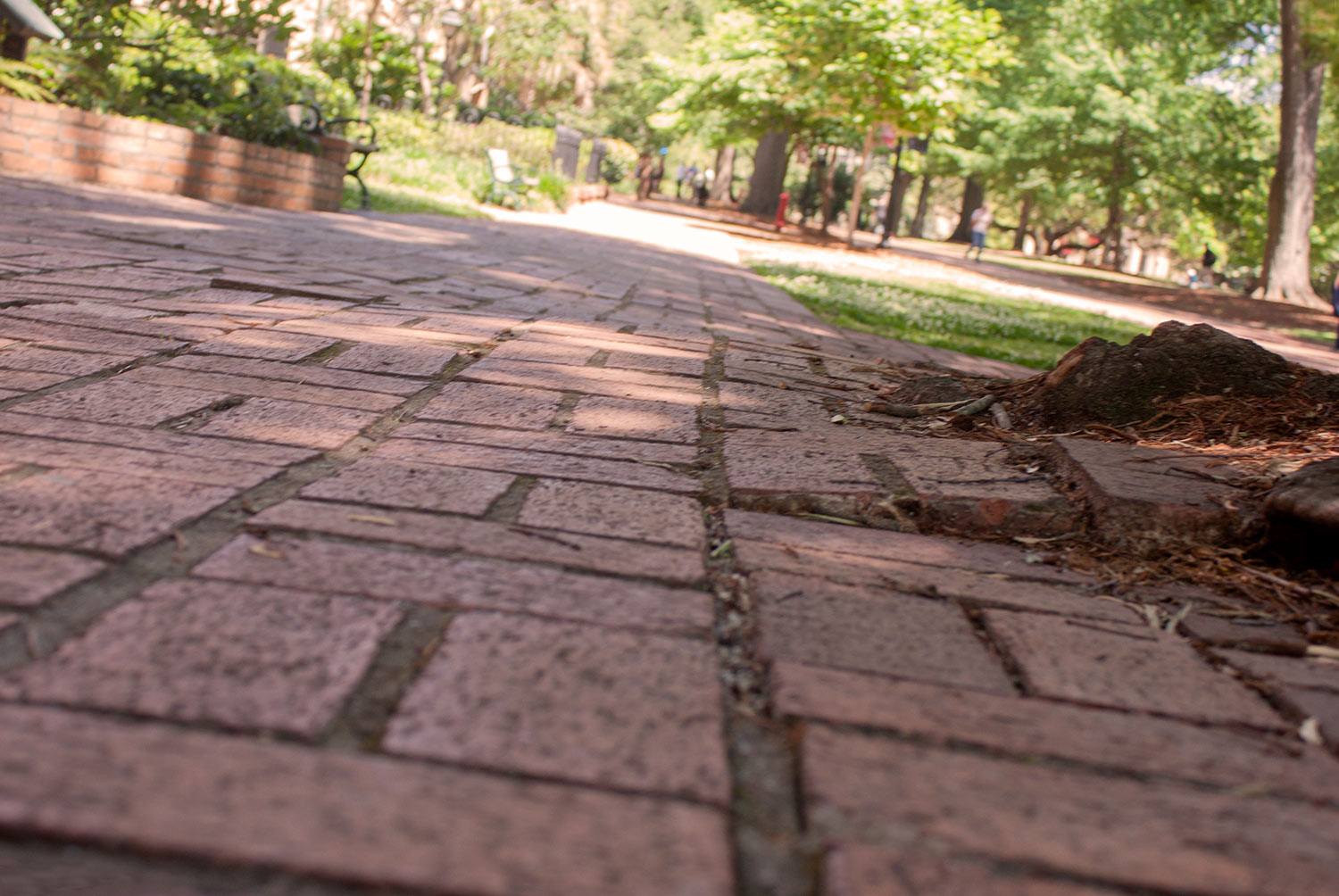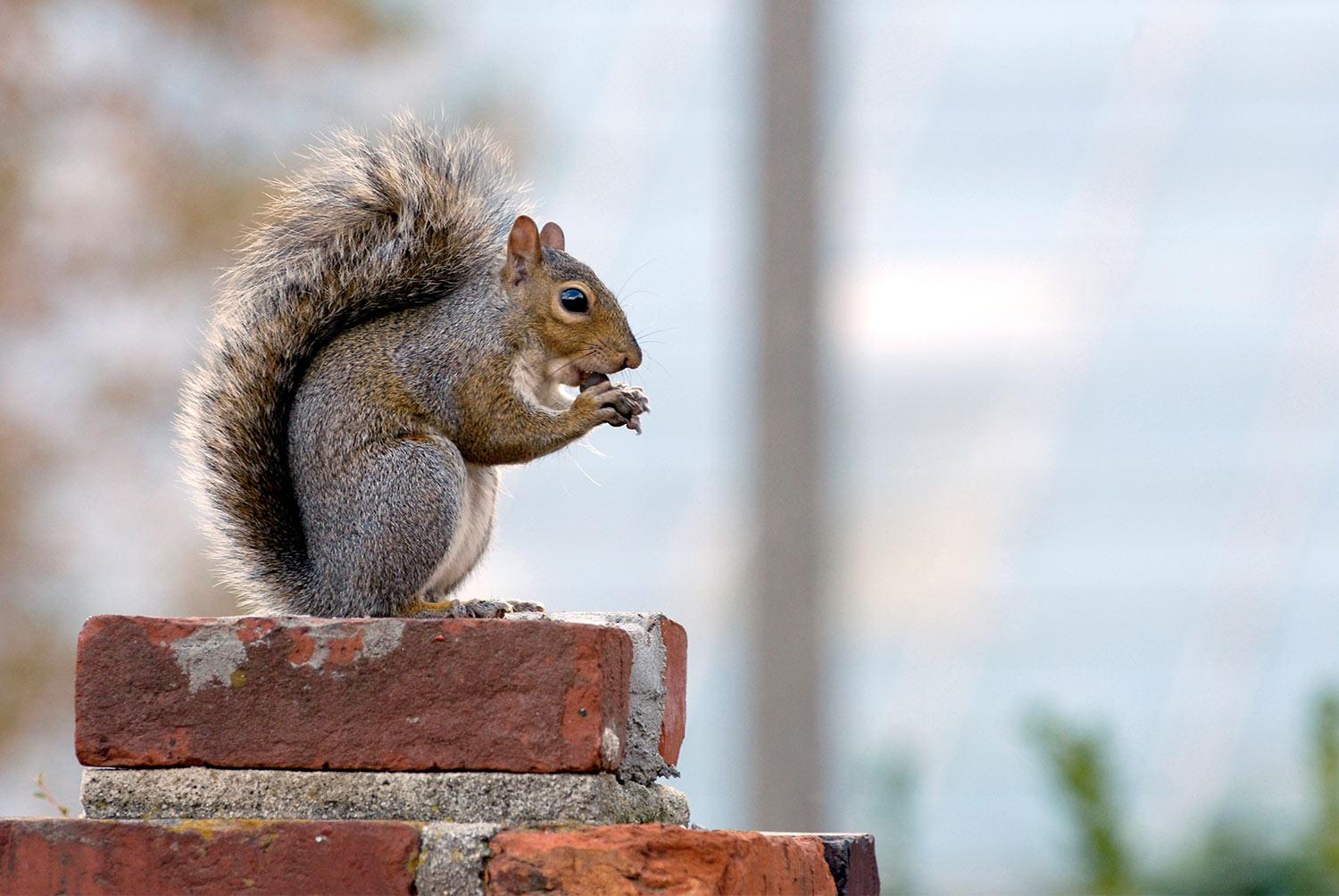- SC.edu
- Page not found

404 Page not found
Whomp-Whomp
The page you are trying to reach is unavailable.

404 Page not found
Tripped up?
Our apologies.
The page you are trying to reach is unavailable.

404 Page not found
Aww, nuts!
The page you are trying to reach is unavailable.